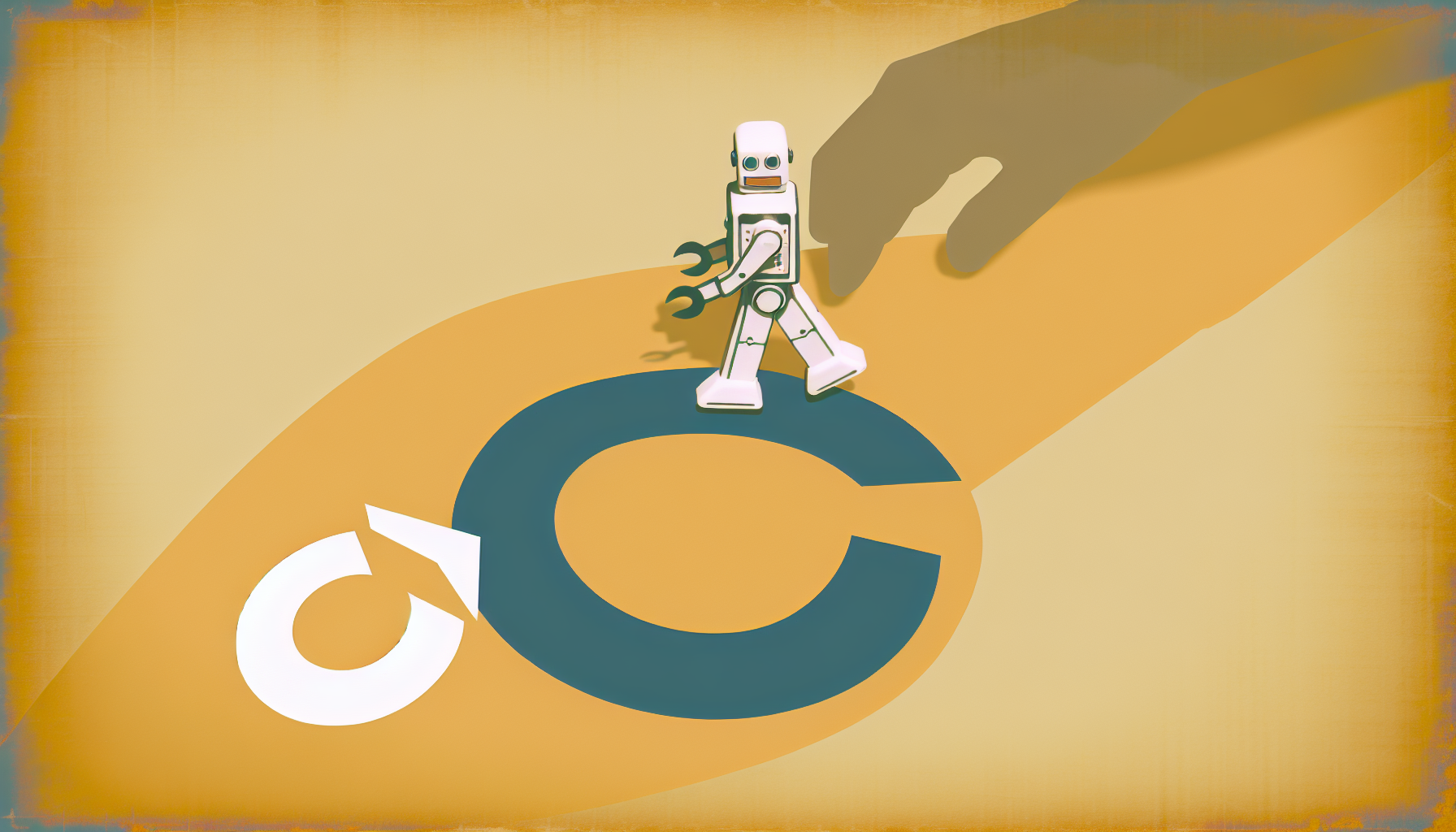Artificial Intelligence (AI) and understanding seem to be on a collision course, much like a toddler trying to hug a very large and particularly disagreeable cat. While AI has made incredible strides in areas like language processing, pattern recognition, and crunching vast sums of data, we must pause and ask: Can machines truly understand anything? Or are they just mimicking the surface appearance of our intellectual processes, like Kim Kardashian pretending to be an algorithm scientist at a tech conference?
Understanding vs. Processing Information
Let’s start by distinguishing between understanding and processing information. Human understanding involves a rich tapestry of emotions, context, and shared experiences. When we talk about understanding a joke or experiencing déjà vu, we tap into a nuanced mixture of personal history, cultural awareness, and emotion. When AI processes information, it follows a more rigid recipe: if input A, then output B. It’s as if the AI is checking boxes on a list without knowing what any of those boxes actually mean.
Think of it this way: If you ask an AI about “love,” it might provide definitions, historical contexts, even poetry. Yet, it will lack the lived experience of falling headlong into infatuation or the bittersweet ache of unrequited love. In essence, AI can give the recipe but can’t savor the taste.
The Symbol Grounding Problem
Why is understanding so elusive for AI? Enter the symbol grounding problem, which highlights the chasm between symbols and their meanings. A computer can juggle symbols like a circus performer, but those symbols don’t mean anything unless they’re grounded in the physical world, steeped in experience. Like reading a menu to a computer and hoping it feels hunger, machines currently don’t link symbols to real-world experiences.
For humans, when we see the word “apple,” it evokes sensory memories of its crunchiness, its taste, and perhaps even a fond recollection of an apple-picking trip from childhood. For AI, “apple” remains a string of characters interrelated with other data points. Or worse, it could just be a tech company.
Can AI Leap Over the Chasm?
Some argue that with advances in neural networks and deep learning, AI may one day achieve a form of understanding. But is it truly feasible? Our brains do not just process inputs and generate outputs; they create abstract concepts, imagine possibilities, and persistently ask “what if?” Machines, even with spacious server farms filled with enough data to make a librarian blush, do none of these intrinsically human things.
“Artificial General Intelligence” (AGI) is the term thrown around for a machine that understands, feels, and perhaps even dreams. But with current technology, AGI remains more theoretical, like the unicorns of the tech world. They are splendid in imagination but have yet to gallop into reality.
A Matter of Perspective
From a philosophical angle, the real trick lies in defining understanding in a way that can be measured and acknowledged in machines. Current efforts have thus far only captured glimpses of our intellectual shadows, rather than the vivid colors of human thought.
Haunted by these questions, scholars consider whether a machine might not need “understanding” as humans do to be useful or even creative. Consider how a Roomba needs no sentiment to clean floors effectively. AI might similarly solve a range of complex problems without requiring the baggage of “understanding” as we know it. This pragmatic view offers some peace, like realizing the washing machine does not, in fact, hate you for overloading it.
Thinking Machines: Friends or Foes?
Even if we achieve a level of AI that seems intelligent or creative, viewing it as an extension of human capability rather than a competitor seems wise. Machines excel at tasks like data analysis, much like humans excel at questioning their existence over a cup of herbal tea. Engaging AI as a partner might allow us to augment our intelligence and creativity without the angst of wondering if it secretly knows what love feels like.
The Road Ahead
As we advance AI research, these musings on understanding demand our attention. While AI won’t be qualifying for a deep philosophical discussion beside a cozy fireplace anytime soon, it can still transform industries and lives. The true test for humanity is to steward AI advancements responsibly, perhaps with the same care that we extend to teaching children about empathy and humor. After all, we wouldn’t want an AI revolution led by soulless beings who don’t appreciate a well-timed pun.
In the ever-evolving dance between human and machine, we’ll continue to grapple with these conundrums. So, keep pondering, asking, and laughing—after all, those are the things AI still can’t do better than you. Yet.

Leave a Reply